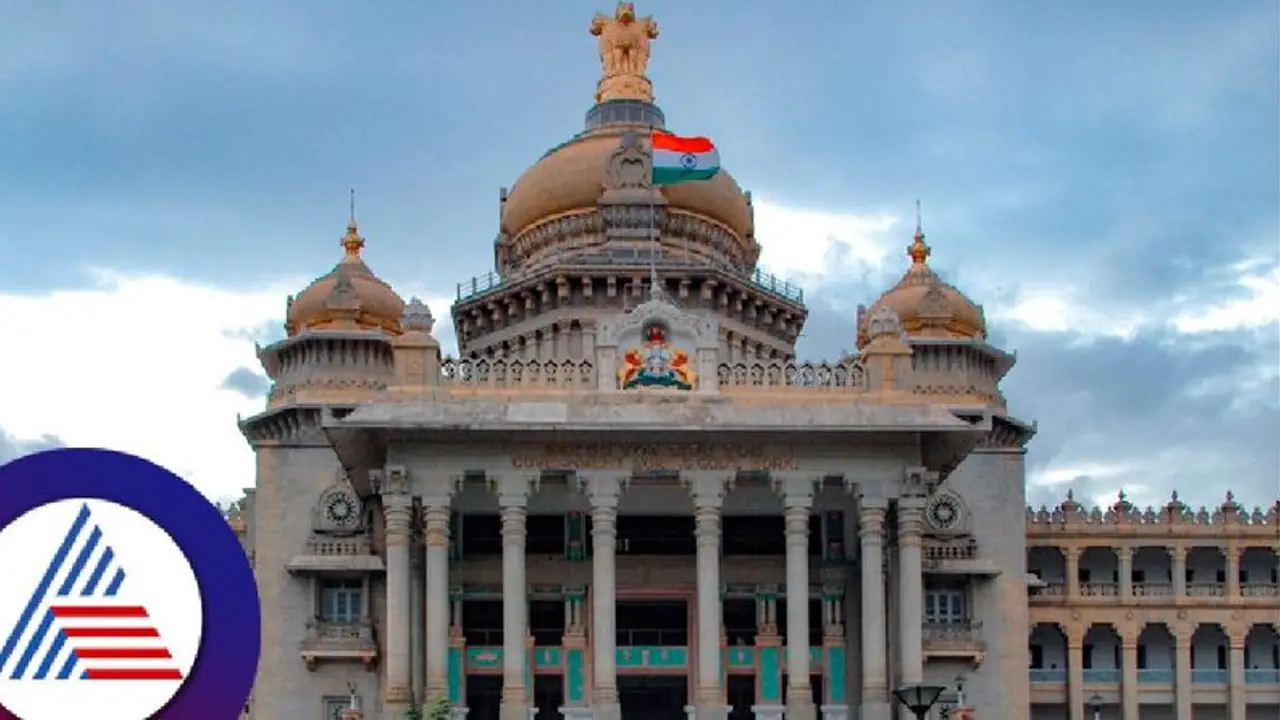The Karnataka Assembly has passed a resolution opposing the National Eligibility cum Entrance Test (NEET), favoring an alternative based on the Common Entrance Test (CET). This move aligns Karnataka with Tamil Nadu and West Bengal, who have also challenged NEET. The assembly also addressed constituency redistricting, opting to use the 1971 census data.
The Karnataka Assembly has passed a resolution opposing the National Eligibility cum Entrance Test (NEET). Introduced by Sharan Prakash Patil, the State Minister for Medical Education and Skill Development, the resolution advocates for an alternative examination process based on the Common Entrance Test (CET) system for students.

During the session, BJP members voiced their objections to the resolution. However, despite their opposition, the resolution was approved by the House with little regard for the dissenting opinions.
Supreme Court says there will be no NEET retest, not enough evidence to prove systematic leak
This decision aligns Karnataka with other states such as Tamil Nadu and West Bengal, which have also passed similar resolutions against the NEET exam. While BJP members voiced opposition to the resolution, their objections were overshadowed as the resolution was adopted without further deliberation.
Earlier this week, the West Bengal Assembly also moved to replace NEET with a new entrance test for medical aspirants, underscoring a growing trend among Indian states to challenge the nationwide exam.
One question, two answers? SC seeks IIT-Delhi expert panel opinion on correct answer of question
Additionally, HK Patil presented resolutions regarding constituency redistricting and the concept of "one nation, one election." The assembly decided that redistricting should not be based on the 2026 census but rather on the 1971 census. This move aims to maintain the allocation of Lok Sabha and Assembly seats according to historical population data.
The assembly's decisions reflect ongoing debates about educational and electoral reforms in India, highlighting regional governments' increasing willingness to take bold stances on national issues.
